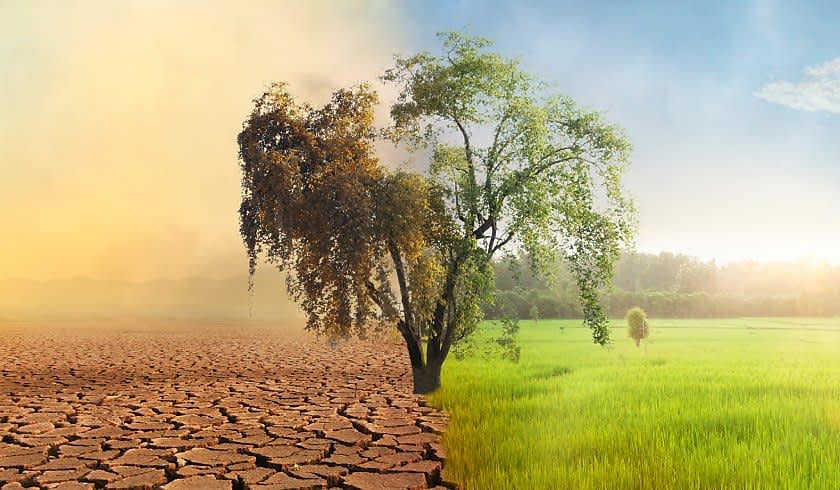The rising impact of climate change on Australian property
Extreme weather is having a profound impact on property. There are a concerning portion of homes and businesses at critical risk from natural events.

Bushfires, flooding, cyclones, and extreme winds are some of the key weather events that impact Australian property.
With experts saying the climate crisis is worsening, homes and businesses are going to continue to face high risk.
In fact, according to the Climate Council, one in 23 properties across the country is at high climate risk. That equates to 652,424 properties or 4.4 per cent of the country’s total.
Another 10.4 per cent or 1.55 million properties are at moderate risk.
Conditions are expected to worsen. High pollution and exposure to climate risk have the Climate Council predicting 1.3 million properties will be at high risk by 2100. That’s nearly double the current figures.
“The climate crisis is literally at the doorstep of Australian households, as worsening extreme weather driven by climate pollution risks their greatest asset: the home,” said Climate Councillor and economist Nicki Hutley.
“It’s not just Australian voters in risky areas who should be looking closely at this. Five of the top 10 ASX-listed companies are banks with significant exposure to climate disaster risk through residential mortgages and loans for commercial property and businesses.”
According to Climate Councillor and former NSW Fire and Rescue chief Greg Mullins, the recent US and Japan winter fires showed the unprecedented unpredictability of the modern bushfire.
“[Fires] can happen in rainforests like the Daintree or in the suburbs of London. We’ve been through Black Summer, Black Saturday, and the 2003 fires that badly impacted Canberra,” said Mullins.
“Unfortunately, we’ve already locked in conditions for similar fires again, but we have a choice for the future. We must drive down global climate pollution faster and continue the shift to clean energy.”
Climate Valuation founder Karl Mallon said that the increased risk of natural disasters places uncertainty around funding to deal with the fallout.
“How will this be financed?” he said. “No home or business is now safe from the devastating consequences of burning fossil fuels.”
